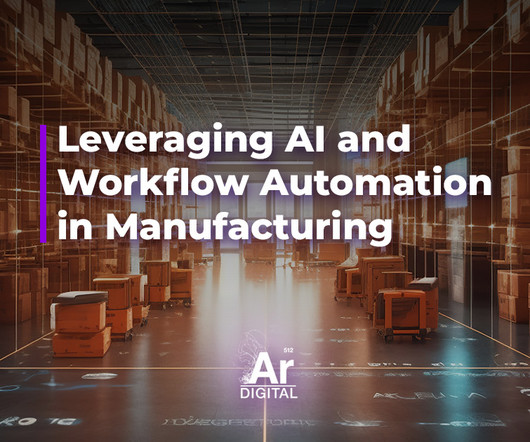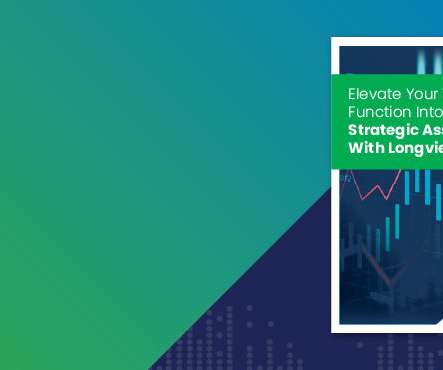Leveraging AI and Workflow Automation in Manufacturing
Argon Digital
JULY 21, 2023
Business Processes Improved by AI The implementation of AI can transform various business processes in manufacturing, including: Production Planning : AI algorithms can optimize production schedules, taking into account factors such as machine availability, workforce capacity, and material availability.















Let's personalize your content